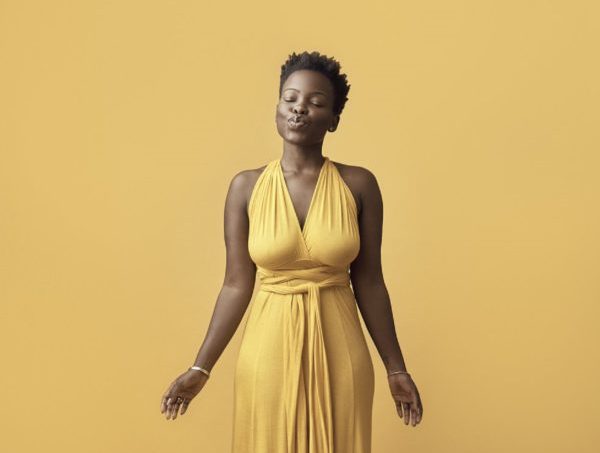
Malawian poet Upile Chisala was recently included in OkayAfrica‘s 100 Women 2018 list, one of ten from the field of Literature. In a new interview for the list, the 23-year-old discusses her vision of healing through poetry, channeling her Malawian heritage in her writing, her interest in visual aesthetics, and self-publishing her two poetry collections, Soft Magic and Nectar.
Here is an excerpt:
Your poems are like therapy. I hear the word “healing” used a lot when describing your work. Do you think of them in that way when you’re creating them?
It’s never not surprising to me when someone says my work helped them. I have always thought of my writing as healing—for myself that is. I am trying to shake this habit of underestimating my impact. In the meantime, though, every message I receive appreciating my work gives me this joy and that never gets less exciting. I don’t know how many times I’ve opened my inbox and wept. People share so much of their lives with me and I’m humbled by it and softer because of it.
Are there any particular authors whose works have had this same therapeutic effect on you?
I read Ntozake Shange’s work and weep, every time. Yrsa-Daley-Ward’s work makes me ugly-cry and I always come out the other side of her book Bone feeling new. I deeply love Sandra Cisneros, Q. Gibson, Mary Oliver, Koleka Putuma, and Sharon Olds. There are so many more names and so few names for the gifts their writing has given me.
Where do you find the inspiration to constantly mold and shape words into poems that hold so much meaning?
Sometimes I go months without writing. I struggle with being intentional about my craft and sticking to a routine. It’s not a kind thing to do to myself. Writing has always been therapeutic for me so if I am not writing I am bottling things up until eventually I sit down at my computer and pour. What I write is what I find from just living in this black body and all the intersections of my existence. While writing Soft Magic I was going through a period of self-discovery and so the poems came as they came. And as I wrote NectarI was looking backwards at my upbringing in Malawi and making meaning of its impact on my present. Inspiration is all around us, I just have to work on being more disciplined about making use of it.
How does your Malawian heritage impact your work?
I always carry bits of my “Malawianness” into my writing. For many years Malawi was the only home I knew and so when I want to write about familiar things I unpack my memories from growing up in Zomba, to the weekends spent in Blantyre, and to my visits to my village in Likoma. I also find that being Malawian has in the past impacted what I write about negatively. I have this fear of writing about sex or sexuality or mental illness or dysfunction in the family because of that Malawian heritage and the taboo surrounding these themes. But I am working on it. I am working on being comfortable with making people uncomfortable.
What was the process of self-publishing your work?
I used Amazon’s Createspace platform to self-publish. All the technical bits were straightforward, it was the writing and editing that hurt. In my mother’s apartment in Baltimore, I wrote and edited both books myself, hence all the grammatical errors. I probably would have benefited from the pressure and support of a publishing house but doing it on my own has been an experience I needed. I have had to forego my shyness to sell my work to people wherever I go. I have had to be my biggest fan.








COMMENTS -
Reader Interactions